Voluntarily sharing informative posts from unaffiliated sources.
- 180 Posts
- 1 Comment
Joined 9M ago
Cake day: Jan 16, 2024
You are not logged in. If you use a Fediverse account that is able to follow users, you can follow this user.
>Mazda recently surprised customers by requiring them to sign up for a subscription in order to keep certain services. Now, notable right-to-repair advocate Louis Rossmann is calling out the brand.
>It’s important to clarify that there are two very different types of remote start we’re talking about here. The first type is the one many people are familiar with where you use the key fob to start the vehicle. The second method involves using another device like a smartphone to start the car. In the latter, connected services do the heavy lifting.
>
>**Transition to paid services**
>
>What is wild is that Mazda used to offer the first option on the fob. Now, it only offers the second kind, where one starts the car via phone through its connected services for a $10 monthly subscription, which comes to $120 a year. Rossmann points out that one individual, Brandon Rorthweiler, developed a workaround in 2023 to enable remote start without Mazda’s subscription fees.
>
>However, according to Ars Technica, Mazda filed a DMCA takedown notice to kill that open-source project. The company claimed it contained code that violated “[Mazda’s] copyright ownership” and used “certain Mazda information, including proprietary API information.”
- @ForgottenFlux@lemmy.world to
 English
English - •
- www.techspot.com
- •
- 5d
- •
>Wikipedia has a new initiative called WikiProject AI Cleanup. It is a task force of volunteers currently combing through Wikipedia articles, editing or removing false information that appears to have been posted by people using generative AI.
>
>Ilyas Lebleu, a founding member of the cleanup crew, told 404 Media that the crisis began when Wikipedia editors and users began seeing passages that were unmistakably written by a chatbot of some kind.
- @ForgottenFlux@lemmy.world to
 English
English - •
- tuta.com
- •
- 7d
- •
>Another month, another attempt: Even though Hungary had to cancel the latest EU Council's vote on the Child Sexual Abuse (CSA) Regulation in June 2024 because there was no majority among member states, it tried again this Wednesday - without success. The tipping point was that the Dutch secret service clearly issued their opinion on the enormous threat to everybody's security should end-to-end encryption be weakened. Encryption is paramount for the digital resilience in Europe.
>Microsoft's LinkedIn will update its User Agreement next month with a warning that it may show users generative AI content that's inaccurate or misleading.
>
>LinkedIn thus takes after its parent, which recently revised its Service Agreement to make clear that its Assistive AI should not be relied upon.
>
>LinkedIn, however, has taken its denial of responsibility a step further: it will hold users responsible for sharing any policy-violating misinformation created by its own AI tools.
>
>The relevant passage, which takes effect on November 20, 2024, reads:
>
>>Generative AI Features: By using the Services, you may interact with features we offer that automate content generation for you. The content that is generated might be inaccurate, incomplete, delayed, misleading or not suitable for your purposes. Please review and edit such content before sharing with others. Like all content you share on our Services, you are responsible for ensuring it complies with our Professional Community Policies, including not sharing misleading information.
>
>In short, LinkedIn will provide features that can produce automated content, but that content may be inaccurate. Users are expected to review and correct false information before sharing said content, because LinkedIn won't be held responsible for any consequences.
>
>The platform's Professional Community Policies direct users to "share information that is real and authentic" – a standard to which LinkedIn is not holding its own tools.
>Neowin noticed that Microsoft has updated a help document about what it means if you’re using an unsupported version of Windows (spoiler alert: if you’re online at all, it’s a huge security risk), which currently means PCs running Windows 8.1 (or 8) and Windows 7, or earlier.
>
>It’s worth noting, however, that this will also be the case for Windows 10 devices in a year’s time if their owners don’t take any action, as the end of support rolls around for that OS in October 2025.
>
>Microsoft’s article takes the form of a short discussion followed by a FAQ, and the main update applied to the document pertains to the options for staying supported with Windows, with a new choice added here: ‘Recommended: New PC with Windows 11.’
>
>So, this is Microsoft’s primary recommendation if your unsupported PC isn’t up to scratch, hardware-wise, for Windows 11 – get a new computer.
>Given that, it’d be nice to see Microsoft working towards a solution in respect of somewhat newer PCs, which goes somewhere down the path of tackling some of the alarming stats we’ve heard about the number of Windows 10 machines heading to landfill in the future. This is a potential environmental disaster that could see hundreds of millions of PCs lumped unceremoniously on the scrapheap.
>
>And ever since those concerns have been raised, we haven’t heard anything from Microsoft as to how they might be mitigated. What Windows 10 users (who can’t, or won’t, upgrade) can do is pay for extended support beyond October 2025 – but that could turn out to be an expensive way to go, particularly beyond the first year if Microsoft’s previous pricing in these schemes is anything to go by.
>
>Logically, then, Microsoft needs to be looking at a way of keeping Windows 10 alive – for those totally blocked by Windows 11’s more demanding requirements on the security front and elsewhere – which works out to be way more cost-friendly for users, in an effort to save what might be a much heavier price to pay for the planet. In short, ‘buy a new PC’ will soon not be the answer we need frontloaded here, and pushing folks to make a purchase of a new computer is already a very dubious first port of call given what we’re facing down the road.
- @ForgottenFlux@lemmy.world to
 English
English - •
- www.techradar.com
- •
- 12d
- •
>Clearly, Google is serious about trying to oust ad blockers from its browser, or at least those extensions with fuller (V2) levels of functionality. One of the crucial twists with V3 is that it prevents the use of remotely hosted code – as a security measure – but this also means ad blockers can’t update their filter lists without going through Google’s review process. What does that mean? Way slower updates for said filters, which hampers the ability of the ad-blocking extension to keep up with the necessary changes to stay effective.
>
>(This isn’t just about browsers, either, as the war on advert dodgers extends to YouTube, too, as we’ve seen in recent months).
>
>At any rate, Google is playing with fire here somewhat – or Firefox, perhaps we should say – as this may be the shove some folks need to get them considering another of the best web browsers out there aside from Chrome. Mozilla, the maker of Firefox, has vowed to maintain support for V2 extensions, while introducing support for V3 alongside to give folks a choice (now there’s a radical idea).
- @ForgottenFlux@lemmy.world to
 English
English - •
- www.techradar.com
- •
- 12d
- •
>Depending on where you're based, you'll find PayPal's new data-sharing option under a different name. Remember, you may not see this at all if you're based in a country that doesn't allow it.
>
>If you're in the US, you should head to your profile Settings and tap on Data & privacy. Under Manage shared info, click on Personalized shopping. You should see the option enabled by default. Toggle off the button at the right to opt-out.
>
>If you are in the UK like me, you'll see something different after you head to your profile Settings and tap on Data & privacy.
>
>Under Manage your privacy settings, here you'll see an Interest-based marketing tab – click on it. At this point, two options will appear: Interest-based marketing on PayPal and Internet-based marketing on your accounts. You have to tap on each of these and toggle off the button at the right to opt-out. These instructions can also apply if you're based in the EU.
- @ForgottenFlux@lemmy.world to
 English
English - •
- blog.thunderbird.net
- •
- 13d
- •
>The Thunderbird for Android beta is out and we’re asking our community to help us test it. Beta testing helps us find critical bugs and rough edges that we can polish in the next few weeks. The more people who test the beta and ensure everything in the testing checklist works correctly, the better!
>Anyone can be a beta tester! Whether you’re an experienced beta tester or you’ve never tested a beta image before, we want to make it easy for you. We are grateful for your time and energy, so we aim to make testing quick, efficient, and hopefully fun!!
>The release plan is as follows, and we hope to stick to this timeline unless we encounter any major hurdles:
>
>- September 30 – First beta for Thunderbird for Android
>- Third week of October – first release candidate
>- Fourth week of October – Thunderbird for Android release
- @ForgottenFlux@lemmy.world to
 English
English - •
- www.theatlantic.com
- •
- 13d
- •
Archive link: https://archive.ph/PgtUk
- @ForgottenFlux@lemmy.world to
 English
English - •
- www.tomshardware.com
- •
- 13d
- •
>The Arch Linux team has [announced on its public mailing list](https://lists.archlinux.org/archives/list/arch-dev-public@lists.archlinux.org/thread/RIZSKIBDSLY4S5J2E2STNP5DH4XZGJMR/) that it will be entering into a direct collaboration with Valve.
>As primary Arch Linux developer Levente Polyak discloses in the announcement post, "Valve is generously providing backing for two critical projects that will have a huge impact on our distribution: a build service infrastructure and a secure signing enclave. By supporting work on a freelance basis for these topics, Valve enables us to work on them without being limited solely by the free time of our volunteers."
>
>Polyak continues, "This opportunity allows us to address some of the biggest outstanding challenges we have been facing for a while. The collaboration will speed up the progress that would otherwise take much longer for us to achieve, and will ultimately unblock us from finally pursuing some of our planned endeavors [...] We believe this collaboration will greatly benefit Arch Linux, and are looking forward to share further development on the mailing list as work progresses."
>
>These quotes go to show how bigger corporations like Valve can still be a helpful, desirable influence in the FOSS (Free and Open Source Software) community. While the rules of FOSS dictate that Valve was under no obligation whatsoever to give back to the community in any way, it's had a great track record so far through Proton and is now directly funding the continued development of Arch Linux, which forms the foundation of its own SteamOS 3 operating system. It's true that volunteers in FOSS make that part of the tech world go round, but it's always nice when these projects can actually afford to pay people to get the work that needs to be done for the rest of our enjoyment.
- @ForgottenFlux@lemmy.world to
 English
English - •
- arstechnica.com
- •
- 19d
- •
>Anyone who has been surfing the web for a while is probably used to clicking through a CAPTCHA grid of street images, identifying everyday objects to prove that they're a human and not an automated bot. Now, though, new research claims that locally run bots using specially trained image-recognition models can match human-level performance in this style of CAPTCHA, achieving a 100 percent success rate despite being decidedly not human.
>
>ETH Zurich PhD student Andreas Plesner and his colleagues' new research, available as a pre-print paper, focuses on Google's ReCAPTCHA v2, which challenges users to identify which street images in a grid contain items like bicycles, crosswalks, mountains, stairs, or traffic lights. Google began phasing that system out years ago in favor of an "invisible" reCAPTCHA v3 that analyzes user interactions rather than offering an explicit challenge.
>
>Despite this, the older reCAPTCHA v2 is still used by millions of websites. And even sites that use the updated reCAPTCHA v3 will sometimes use reCAPTCHA v2 as a fallback when the updated system gives a user a low "human" confidence rating.
- @ForgottenFlux@lemmy.world to
 English
English - •
- arstechnica.com
- •
- 20d
- •
>The move embodies how ads are a growing and virtually inescapable part of the TV-viewing experience—even when you're not watching anything.
>As you might have expected, LG didn’t make a big, splashy announcement to consumers or LG TV owners about this new ad format. Instead, and ostensibly strategically, the September 5 announcement was made to advertisers. LG appears to know that screensaver ads aren't a feature that excites users. Still, it and many other TV makers are happy to shove ads into the software of already-purchased devices.
>LG TV owners may have already spotted the ads or learned about them via FlatpanelsHD, which today reported seeing a full-screen ad on the screensaver for LG's latest flagship TV, the G4. “The ad appeared before the conventional screensaver kicks in," per the website, “and was localized to the region the TV was set to.”
>LG has put these ads on by default, according to FlatpanelsHD, but you can disable them in the TVs' settings. Still, the introduction of ads during a screensaver, shown during a pause in TV viewing that some TVs use as an opportunity to show art or personal photos that amplify the space, illustrates the high priority that ad dollars and tracking have among today’s TVs—even new top-of-the-line ones.
>The addition of screensaver ads that users can disable may sound like a comparatively smaller disruption as far as TV operating system (OS) ads go. But the incorporation of new ad formats into TV OSes' various nooks and crannies is a slippery slope. Some TV brands are even centered more on ads than selling hardware. Unfortunately, it’s up to OS operators and TV OEMs to decide where the line is, including for already-purchased TVs. User and advertiser interests don’t always align, making TV streaming platforms without third-party ads, such as Apple TV, increasingly scarce gems.
- @ForgottenFlux@lemmy.world to
 English
English - •
- www.theguardian.com
- •
- 22d
- •
>Some of the world’s largest companies have been accused of undermining democracy across the world by financially backing far-right political movements, funding and exacerbating the climate crisis, and violating trade union rights and human rights in a report published on Monday by the International Trade Union Confederation (ITUC).
>
>Amazon, Tesla, Meta, ExxonMobil, Blackstone, Vanguard and Glencore are the corporations included in the report. The companies’ lobbying arms are attempting to shape global policy at the United Nations Summit of the Future in New York City on 22 and 23 September.
- @ForgottenFlux@lemmy.world to
 English
English - •
- mas.to
- •
- 22d
- •
>YouTube Premium users across the globe are facing significant price hikes as Google increases subscription costs in over a dozen countries. This follows earlier price jumps in various regions, including the United States last summer. The latest increases vary by region, with some countries experiencing hikes between 30% to 50%. For instance, in Ireland, Belgium, the Netherlands, and Italy, the Family plan will rise from €18 to €26 starting November, while the individual plan will increase by €2 to €14.
>
>Countries affected by these changes include Ireland, Netherlands, Italy, Belgium, UAE, Switzerland, Malaysia, Saudi Arabia, Indonesia, Colombia, Thailand, Singapore, Norway, Sweden, Czech Republic, and Denmark. Although most Reddit reports are from European users, the price hikes also impact the Middle East, Colombia, Singapore, Thailand, and Indonesia. YouTube had already raised its subscription prices in India by 15–20% in late August.
- @ForgottenFlux@lemmy.world to
 English
English - •
- arstechnica.com
- •
- 25d
- •
>Despite US dominance in so many different areas of technology, we're sadly somewhat of a backwater when it comes to car headlamps. It's been this way for many decades, a result of restrictive federal vehicle regulations that get updated rarely. The latest lights to try to work their way through red tape and onto the road are active-matrix LED lamps, which can shape their beams to avoid blinding oncoming drivers.
>
>From the 1960s, Federal Motor Vehicle Safety Standards allowed for only sealed high- and low-beam headlamps, and as a result, automakers like Mercedes-Benz would sell cars with less capable lighting in North America than it offered to European customers.
>
>A decade ago, this was still the case. In 2014, [Audi tried unsuccessfully](https://arstechnica.com/cars/2014/06/laserbeam-headlights-not-in-the-us/) to bring its new laser high-beam technology to US roads. Developed in the racing crucible that is the 24 Hours of Le Mans, the laser lights illuminate much farther down the road than the high beams of the time, but in this case, the lighting tech had to satisfy both the National Highway Traffic Safety Administration and the Food and Drug Administration, which has regulatory oversight for any laser products.
>
>The good news is that by 2019, [laser high beams were finally an available option on US roads](https://arstechnica.com/cars/2019/06/the-2019-audi-a7-might-be-all-the-car-anyone-ever-needs/), albeit once the power got turned down to reduce their range.
>
>NHTSA's opposition to advanced lighting tech is not entirely misplaced. Obviously, being able to see far down the road at night is a good thing for a driver. On the other hand, being dazzled or blinded by the bright headlights of an approaching driver is categorically not a good thing. Nor is losing your night vision to the glare of a car (it's always a pickup) behind you with too-bright lights that fill your mirrors.
>
>This is where active-matrix LED high beams come in, which use clusters of controllable LED pixels. Think of it like a more advanced version of the "auto high beam" function found on many newer cars, which uses a car's forward-looking sensors to know when to dim the lights and when to leave the high beams on.
>
>Here, sensor data is used much more granularly. Instead of turning off the entire high beam, the car only turns off individual pixels, so the roadway is still illuminated, but a car a few hundred feet up the road won't be.
>
>Rather than design entirely new headlight clusters for the US, most OEMs' solution was to offer the hardware here but disable the beam-shaping function—easy to do when it's just software. [But in 2022, NHTSA relented](https://arstechnica.com/cars/2022/02/the-us-will-finally-allow-adaptive-beam-headlights-on-new-cars/)—nine years after Toyota first asked the regulator to reconsider its stance.
- @ForgottenFlux@lemmy.world to
 English
English - •
- arstechnica.com
- •
- 25d
- •
>But while the harms to publishers and advertisers have been outlined at length, there's been less talk about the seemingly major consequences for consumers perhaps harmed by the alleged monopoly. Those harms include higher costs of goods, less privacy, and increasingly lower-quality ads that frequently [bombard their screens with products nobody wants](https://arstechnica.com/culture/2024/09/a-cartoon-butt-clenching-a-bar-of-soap-has-invaded-my-online-ads/).
>
>By [overcharging by as much as 5 or 10 percent for online ads](https://www.inc.com/minda-zetlin/google-found-a-sneaky-way-to-make-more-money-from-customers-it-may-have-backfired.html), Google allegedly placed a "Google tax" on the price of "everyday goods we buy," Tech Oversight's Sacha Haworth explained during a press briefing Thursday, where experts closely monitoring the trial shared insights.
>
>"When it comes to lowering costs on families," Haworth said, "Google has overcharged advertisers and publishers by nearly $2 billion. That's just over the last four years. That has inflated the price of ads, it's increased the cost of doing business, and, of course, these costs get passed down to us when we buy things online."
>
>But while it's unclear if destroying Google's alleged monopoly would pass on any savings to consumers, Elise Phillips, policy counsel focused on competition and privacy for Public Knowledge, outlined other benefits in the event of a DOJ win.
>
>She suggested that Google's conduct has diminished innovation, which has "negatively" affected "the quality diversity and even relevancy of the advertisements that consumers tend to see."
>
>Were Google's ad tech to be broken up and behavioral remedies sought, more competition might mean that consumers have more control over how their personal data is used in targeted advertising, Phillips suggested, and ultimately, lead to a future where everyone gets fed higher-quality ads.
>
>That could happen if, instead of Google's ad model dominating the Internet, less invasive ad targeting models could become more widely adopted, experts suggested. That could enhance privacy and make online ads less terrible after The New York Times [declared](https://www.nytimes.com/2023/02/11/technology/bad-digital-ads.html) a "junk ad epidemic" last year.
>
>The thinking goes that if small businesses and publishers benefited from potentially reduced costs, increased revenues, and more options, consumers might start seeing a wider, higher-quality range of ads online, experts suggested.
>
>Better ad models "are already out there," Open Markets Institute policy analyst Karina Montoya said, such as "conceptual advertising" that uses signals that, unlike Google's targeting, don't rely on "gigantic, massive data sets that collect every single thing that we do in all of our devices and that don't ask for our consent."
- @ForgottenFlux@lemmy.world to
 English
English - •
- arstechnica.com
- •
- 1M
- •
>Four more large Internet service providers told the US Supreme Court this week that ISPs shouldn't be forced to aggressively police copyright infringement on broadband networks.
>While the ISPs worry about financial liability from lawsuits filed by major record labels and other copyright holders, they also argue that mass terminations of Internet users accused of piracy "would harm innocent people by depriving households, schools, hospitals, and businesses of Internet access." The legal question presented by the case "is exceptionally important to the future of the Internet," they wrote in a brief [filed with the Supreme Court](https://cdn.arstechnica.net/wp-content/uploads/2024/09/Cox-v.-Sony_Altice-et-al.-Amicus-Brief.pdf) on Monday.
- @ForgottenFlux@lemmy.world to
 English
English - •
- www.pcworld.com
- •
- 1M
- •
>[The Verge reports](https://www.theverge.com/2024/9/18/24248391/youtube-pause-ads-widely-rolling-out) that YouTube is rolling out advertisements that show up when you pause videos, continuing experiments that the company started a year ago. A YouTube representative confirmed that the practice will now become commonplace “as we’ve seen both strong advertiser and strong viewer response.”
>The representative said that advertising on paused videos is designed to create a “less interruptive” experience. But as The Verge notes, that doesn’t necessarily mean we’re going to see a drop in the increasing load of obnoxious and often unskippable advertising on YouTube. And since I’m seeing more and more creators pack their videos with sponsorships, I somehow doubt that the people making YouTube’s content are going to get a bigger slice of the advertising pie.
>“We estimate we can sell up to 80 percent of an individual’s visual field before inducing seizures,” said the fictional CEO (of a company that bears more than a passing resemblance to Google) in *Ready Player One*.
>Apropos of nothing, [it’s possible to block every single ad on YouTube](https://www.pcworld.com/article/2419276/i-block-every-ad-on-youtube-and-im-not-ashamed.html) — even the sponsorships that are baked into the videos themselves — on both desktop and mobile.
- @ForgottenFlux@lemmy.world to
 English
English - •
- techcrunch.com
- •
- 1M
- •
>LinkedIn users in the U.S. — but not the EU, EEA, or Switzerland, likely due to those regions’ data privacy rules — have an opt-out [toggle](https://www.linkedin.com/mypreferences/d/settings/data-for-ai-improvement) in their settings screen disclosing that LinkedIn scrapes personal data to train “content creation AI models.” The toggle isn’t new. But, as first [reported](https://www.404media.co/linkedin-is-training-ai-on-user-data-before-updating-its-terms-of-service/) by 404 Media, LinkedIn initially didn’t refresh its privacy policy to reflect the data use.
>The terms of service have now been [updated](https://www.linkedin.com/legal/privacy-policy), but ordinarily that occurs well before a big change like using user data for a new purpose like this. The idea is it gives users an option to make account changes or leave the platform if they don’t like the changes. Not this time, it seems.
>**To opt out of LinkedIn’s data scraping, head to the “Data Privacy” section of the LinkedIn settings menu on desktop, click “Data for Generative AI improvement,” then toggle off the “Use my data for training content creation AI models” option. You can also attempt to opt out more comprehensively [via this form](https://www.linkedin.com/help/linkedin/ask/TS-DPRO), but LinkedIn notes that any opt-out won’t affect training that’s already taken place.**
>The nonprofit Open Rights Group (ORG) has called on the Information Commissioner’s Office (ICO), the U.K.’s independent regulator for data protection rights, to investigate LinkedIn and other social networks that train on user data by default.
>“LinkedIn is the latest social media company found to be processing our data without asking for consent,” Mariano delli Santi, ORG’s legal and policy officer, said in a statement. “The opt-out model proves once again to be wholly inadequate to protect our rights: the public cannot be expected to monitor and chase every single online company that decides to use our data to train AI. Opt-in consent isn’t only legally mandated, but a common-sense requirement.”
- @ForgottenFlux@lemmy.world to
 English
English - •
- www.theverge.com
- •
- 1M
- •
>This collaboration with Google underscores the importance of web archiving and expands the reach of the Wayback Machine, making it even easier for users to access and explore archived content.
- https://blog.archive.org/2024/09/11/new-feature-alert-access-archived-webpages-directly-through-google-search/
>Proton, the Swiss creators of privacy-focused products like Proton Mail and ProtonVPN, recently released the latest product in their ever-growing lineup: Proton Wallet. Announced at the end of July 2024, it promotes itself as "an easy-to-use, self-custodial" Bitcoin wallet that will ostensibly make financial freedom more attainable for everyone.
>It may well be that Proton Wallet is the easiest way to start using Bitcoin, but is a Bitcoin wallet the solution people need to improve their financial privacy?
>Contrary to popular belief, cryptocurrency is not an inherently private transactional system.
>Had Proton Wallet added support for Monero or a similarly private cryptocurrency, they could have single-handedly boosted a financial system that is actually private by default by a significant degree. In my eyes, failing to do so in favor of the market leader is an unfortunate step back from their "privacy by default" mantra.
>Proton Wallet seems like a product that doesn't know its own place in the world.
>Is it meant to save us from the tyranny of payment processors like PayPal who can freeze your funds at a whim?
>Or, was Bitcoin chosen to give us independence from fiat currency, including stablecoins, entirely?
>However, if Proton Wallet wasn't meant for all that, if it was simply meant to bring privacy to Bitcoin, then it's certainly a failure.
>Proton hasn't taken any risks with this product, meaning it's really only good for satisfying a singular belief: That Bitcoin is just inherently good, and anything to promote Bitcoin is inherently good as well. I don't share these fanatical beliefs of Bitcoin maximalists, however, when Bitcoin is demonstrably lacking in a wide variety of ways.
>Personally, I'm a bit of a cryptocurrency pessimist in general, but I can see some appeal for the technology in very specific areas. Unfortunately, Proton Wallet doesn't seem to fit in to a useful niche in any meaningful way. The functionality it does support is extremely basic, even by Bitcoin standards, and it simply doesn't provide enough value over the existing marketplace.
>If you're an existing Proton user simply looking for a place to store some Bitcoin you already have sitting around, Proton Wallet might be perfectly adequate. For everyone else, I don't see this product being too useful. Bitcoin is still far too volatile to be a solid investment or used as a safe store of value if you crave financial independence and sovereignty, and Proton Wallet simply isn't adequate for paying for things privately online.
>Imagine your car playing you an ad based on your destination, vehicle information—and listening to your conversations.
>Ford has patented a system that, per the filing, would use several different sources of information to customize ad content to play in your car. One such information stream that this hypothetical system would use to determine what sort of ads to serve could be could be the voice commands you’ve given to the car. It could also identify your voice and recognize you and your ad preferences, and those of your passengers. Finally, it could listen to your conversations and determine if it’s better to serve you a visual ad while you’re talking, or an audio ad when there’s a lull in the conversation.
>If the system described in the patent knew that you were headed to the mall on the freeway based on destination information from the nav system and vehicle speed, it could consider how many ads to serve in the time you’ll be in the car, and whether to serve them on a screen or based through the audio system. If you respond more positively to audio ads, it might serve you more of those—how does every five minutes sound?
>But what if the weather’s bad, traffic is heavy, and you’re chatting away with your passenger? Ford describes the system using the external sensors to perceive traffic levels and weather, and the internal microphone to understand conversational cadence, to “regulate the number (and relevance) of ads shown” to the occupants. Using the GPS, if it knows you’ve parked near a store, it might serve you ads relevant to that retail location. Got passengers? Maybe you get an audio ad, and they get a visual one.
>Given how consumers feel about advertising and in-car privacy, it is difficult to imagine an implementation of this system that wouldn’t generate blowback. But again, the patent isn’t describing some imminent implementation; it just protects Ford’s IP that describes a possible system. That said, with the encroachment of subscription-based features, perhaps it’s only a matter of time before you’re accepting a $20/month discount to let your new Ford play you ads on your commute.
- @ForgottenFlux@lemmy.world to
 English
English - •
- www.dexerto.com
- •
- 1M
- •
>Discord isn’t exactly known for generous file-sharing limits, still, the messaging app offered a 25MB limit to free users. The company has now updated its support page to reflect the upload limit for free users has been lowered to 10MB.
- @ForgottenFlux@lemmy.world to
 English
English - •
- arstechnica.com
- •
- 1M
- •
>A judge in Ohio has issued a temporary restraining order against a security researcher who presented evidence that a recent ransomware attack on the city of Columbus scooped up reams of sensitive personal information, contradicting claims made by city officials.
>The order, issued by a judge in Ohio's Franklin County, came after the city of Columbus fell victim to a ransomware attack on July 18 that siphoned 6.5 terabytes of the city’s data. A ransomware group known as Rhysida took credit for the attack and offered to auction off the data with a starting bid of about $1.7 million in bitcoin. On August 8, after the auction failed to find a bidder, Rhysida released what it said was about 45 percent of the stolen data on the group’s dark web site, which is accessible to anyone with a TOR browser.
>Columbus Mayor Andrew Ginther said on August 13 that a “breakthrough” in the city’s forensic investigation of the breach found that the sensitive files Rhysida obtained were either encrypted or corrupted, making them “unusable” to the thieves. Ginther went on to say the data’s lack of integrity was likely the reason the ransomware group had been unable to auction off the data.
>Shortly after Ginther made his remarks, security researcher David Leroy Ross contacted local news outlets and presented evidence that showed the data Rhysida published was fully intact and contained highly sensitive information regarding city employees and residents. Ross, who uses the alias Connor Goodwolf, presented screenshots and other data that showed the files Rhysida had posted included names from domestic violence cases and Social Security numbers for police officers and crime victims. Some of the data spanned years.
>On Thursday, the city of Columbus sued Ross for alleged damages for criminal acts, invasion of privacy, negligence, and civil conversion. The lawsuit claimed that downloading documents from a dark web site run by ransomware attackers amounted to him “interacting” with them and required special expertise and tools.
- @ForgottenFlux@lemmy.world to
 English
English - •
- www.techzine.eu
- •
- 2M
- •
For Android users seeking a privacy-focused browser, [Privacy Guides](https://www.privacyguides.org/en/mobile-browsers/#mull) recommends Mull:
>Mull is a privacy oriented and deblobbed Android browser based on Firefox. Compared to Firefox, it offers much greater fingerprinting protection out of the box, and disables JavaScript Just-in-Time (JIT) compilation for enhanced security. It also removes all proprietary elements from Firefox, such as replacing Google Play Services references.
>Mull enables many features upstreamed by the Tor uplift project using preferences from Arkenfox. Proprietary blobs are removed from Mozilla's code using the scripts developed for Fennec F-Droid.
- @ForgottenFlux@lemmy.world to
 English
English - •
- www.yahoo.com
- •
- 2M
- •
X briefly discouraged users from viewing a link to an NPR story about Donald Trump's recent visit to Arlington National Cemetery, raising questions about whether the Elon Musk-owned platform is putting its thumb on the scale for the former president.
On Thursday, NPR reporter Stephen Fowler posted a link to a story in which he quoted an Army official who said that an employee at Arlington National Cemetery was “abruptly pushed aside” during an event attended by Trump and members of his campaign earlier this week. The outlet had previously reported that there was a “physical altercation” at the event with campaign staff over federal laws barring campaign activities at the cemetery.
Some users on X who attempted to click a link to the story were greeted with a warning message saying that X deemed that “this link may be unsafe.” It stated that it could be malicious, violent, spammy or otherwise violate the platform’s rules, but didn't explain why the link was flagged. Fowler posted a thread on X, each tweet of which contained a link to his story — the warning appeared to affect the first two instances of the link but not others, for reasons unknown. It’s highly unusual for such a warning to appear before a link to a mainstream website. Other links to NPR, as well as other coverage of Trump’s visit to Arlington, don’t appear to have such a label.
In a statement to an NPR reporter, an X spokesperson claimed the warning appeared due to a "false positive" and that it had been corrected. The company didn't explain further.
Notably, Musk has been a vocal supporter of Trump this election, and recently held a lengthy live streamed conversation with him on X. Musk has also publicly feuded with NPR in the past, adding a “state affiliated media” label to its account for several months last year. NPR hasn’t posted from its main account on X since the label was added last April.
- @ForgottenFlux@lemmy.world to
 English
English - •
- arstechnica.com
- •
- 2M
- •
>Last week, Microsoft mentioned in a support document that it was formally deprecating Windows' 39-year-old Control Panel applets. But following widespread reporting of the change, Microsoft has either backtracked or clarified its language to remove the note about Control Panel being deprecated in favor of the Settings app. Here's what the original post said, as also preserved by the Internet Wayback Machine (emphasis ours):
>
>"The Control Panel is a feature that's been part of Windows for a long time. It provides a centralized location to view and manipulate system settings and controls," the support page explains. "Through a series of applets, you can adjust various options ranging from system time and date to hardware settings, network configurations, and more. **The Control Panel is in the process of being deprecated in favor of the Settings app, which offers a more modern and streamlined experience.**"
>
>The current version of the page has changed that last sentence considerably. It now says that "**many of the settings in Control Panel are in the process of being migrated to the Settings app, which offers a more modern and streamlined experience.**"
>
>It's not clear whether this reflects a policy change or just a clarification of language. We've asked Microsoft whether it has changed plans to deprecate the Control Pane or if the original version of the support page was just incorrect in the first place, and we'll update if we receive a response.
- @ForgottenFlux@lemmy.world to
 English
English - •
- www.engadget.com
- •
- 2M
- •
>Peloton is in something of a financial rut lately, and we all know what companies do when that happens. They take it out on consumers. To that end, the exercise machine maker just announced it will be charging a $95 “used equipment activation fee” to anyone who buys one of its machines on the secondhand market, according to a report by CNBC.
>The company made this announcement in its Q4 2024 shareholder letter. The fairly exorbitant fee will apply to any machine bought directly from a previous owner, meaning anything purchased via Craigslist, Facebook Marketplace or, heck, even a neighbor down the street. Without tithing $95 to the church of Peloton, the machine won’t have access to any of the classes or features the company has become known for.
>The company says this activation fee is just to ensure that new members “receive the same high-quality onboarding experience Peloton is known for.” In a recent earnings call, however, a company representative was more transparent, calling the fee a “source of incremental revenue and gross profit,” according to The Verge.
>The standard Bike, for instance, sells new for nearly $1,500, but you can pick up a used one online for $300 to $500. Now, that price goes up to $400 to $600. Peloton also requires a monthly membership fee to access content, which is around $44.
- @ForgottenFlux@lemmy.world to
 English
English - •
- arstechnica.com
- •
- 2M
- •
>Microsoft will begin sending a revised version of its controversial Recall feature to Windows Insider PCs beginning in October, according to an update published today to the company's original blog post about the Recall controversy. The company didn't elaborate further on specific changes it's making to Recall beyond what it already announced in June.
>For those unfamiliar, Recall is a Windows service that runs in the background on compatible PCs, continuously taking screenshots of user activity, scanning those screenshots with optical character recognition (OCR), and saving the OCR text and the screenshots to a giant searchable database on your PC. The goal, according to Microsoft, is to help users retrace their steps and dig up information about things they had used their PCs to find or do in the past.
>The problem was that other users on the same PC, or attackers with physical or remote access to your PC, could easily access, view, and export those screenshots and the OCR database since none of the information was encrypted at rest or protected in any substantive way.
>Among the changes Microsoft has said it will make: The database will be encrypted at rest and will require authentication (and periodic reauthentication) with Windows Hello before users will be allowed to access it. The feature will also be off by default, whereas the original plan was to turn it on by default and make users go into Settings to turn it off.
- @ForgottenFlux@lemmy.world to
 English
English - •
- www.techspot.com
- •
- 2M
- •
>Mozilla has a close relationship with Google, as most of Firefox's revenue comes from the agreement keeping Google as the browser's default search engine. However, the search giant is now officially a monopoly, and a future court decision could have an unprecedented impact on Mozilla's ability to keep things "business as usual."
>United States District Judge Amit Mehta found Google guilty of building a monopolistic position in web search. The Mountain View corporation spent billions of dollars becoming the leading search provider for computing platforms and web browsers on PC and mobile devices.
>Most of the $21 billion spent went to Apple in exchange for setting Google as the default search engine on iPhone, iPad, and Mac systems. The judge will now need to decide on a penalty for the company's actions, including the potential of forcing Google to stop payments to its search "partners completely," which could have dire consequences for smaller companies like Mozilla.
>Its most recent financials show Mozilla gets $510 million out of its $593 million in total revenue from its Google partnership. This precarious financial position is a side effect of its deal with Alphabet, which made Google the search engine default for newer Firefox installations.
>The open-source web browser has experienced a steady market share decline over the past few years. Meanwhile, Mozilla management was paid millions to develop a new "vision" of a theoretical future with AI chatbots. Mozilla Corporation, the wholly owned subsidiary of Mozilla Foundation managing Firefox development, could find itself in a severe struggle for revenue if Google's money suddenly dried up.
- @ForgottenFlux@lemmy.world to
 English
English - •
- 9to5mac.com
- •
- 2M
- •
>Reddit CEO Steve Huffman has hinted that in future some subreddits could be paywalled, as the company seeks to devise new sources of income.
>He suggested that the company might experiment with paywalled subreddits as it looks to monetize new features. “I think the existing, altruistic, free version of Reddit will continue to exist and grow and thrive just the way it has,” Huffman said. “But now we will unlock the door for new use cases, new types of subreddits that can be built that may have exclusive content or private areas, things of that nature.”
>This is another move likely to anger Redditors. While the platform is a commercial enterprise, its value derives almost entirely from freely offered user content. That means Redditors feel at least some sense of ownership in a community endeavour, so the company needs to tread carefully when it comes to monetization at user expense.
- @ForgottenFlux@lemmy.world to
 English
English - •
- arstechnica.com
- •
- 2M
- •
>Google's story over the last two decades has been a tale as old as time: [enshittification](https://en.wikipedia.org/wiki/Enshittification) for growth. The once-beloved startup—with its unofficial "Don't Be Evil" motto—has instead become a [major Internet monopolist](https://arstechnica.com/tech-policy/2024/08/google-loses-dojs-big-monopoly-trial-over-search-business/), as a federal judge ruled on Monday, dominating the market for online search. Google is also well-known for its data-harvesting practices, for constantly killing off products, and for facilitating the rise of brain-cell-destroying YouTubers who make me Fear for Today's Youth. (Maybe that last one is just me?)
>
>Google's rapid rise from "scrappy search engine with doodles" to "dystopic mega-corporation" has been remarkable in many ways, especially when you consider just how much goodwill the company squandered so quickly. Along the way, though, Google has achieved one unexpected result: In a divided America, it offers just about everyone something to hate.
>
>[Here](https://arstechnica.com/culture/2024/08/in-a-divided-america-one-thing-now-unites-hating-google/) are just a few of the players hating Google today.
- @ForgottenFlux@lemmy.world to
 English
English - •
- www.techdirt.com
- •
- 2M
- •
- The U.S. Public Interest Research Group (PIRG) examined 21 different mainstream tech devices subject to New York's recently passed electronics Right to Repair law, and found mixed results:
- 9 devices earned A's or B's (including all smartphones)
- 3 products received D's
- 6 popular mainstream devices earned F's
- The devices that fared poorly, like the HP Spectre Fold laptop, Canon EOS r100 camera, and Apple Vision Pro/Meta Quest 3 VR headsets, usually lacked spare parts or useful repair manuals.
- While New York's law requires manufacturers to provide tools, manuals, and parts for affordable, easy repair, PIRG says the law has been watered down with loopholes, and there has been no enforcement action taken despite numerous companies failing to comply.
- The cellphone sector has made significant strides in repairability, but other sectors like VR headsets and cameras still have major issues.
- 30 states are considering "right to repair" legislation in 2024, but these bills are at risk of being weakened by industry lobbyists.
* Tech CEOs have been trying to force workers back into the office for the past two years, often threatening layoffs.
* However, a new study shows that tech bosses are now backing down from their demands.
* Only 3% of tech companies now require workers to be in the office full-time, down from 8% last year.
* The study, conducted by Flex Index, analyzed the flexible work policies of 2,670 tech companies employing over 11 million people.
* The number of fully flexible tech firms has increased from 75% in 2023 to 79% this year.
* The most popular policy among tech firms is now the "employee's choice" model, where employees can choose when and where they work.
* This model is now used by 56% of tech firms, up from 38% in 2023.
* Only 18% of firms now dictate which days their workers need to work from the office.
* Despite tech companies being well-positioned to work from home, many CEOs have flip-flopped on their remote work policies.
* In 2020, companies like Meta, Twitter, and Shopify announced they would leverage remote work, but many have since backtracked on those promises.
* A survey of US CEOs by KPMG found that only one-third expect a full return to the office in the next three years, down from 62% last year.
* Resistance from workers has been cited as a reason for the change in CEO attitudes towards remote work.
* Amazon is an example of how contentious the RTO battle can be, with around 30,000 employees signing a petition against the company's in-office mandate.
* Dropbox co-founder and CEO Drew Houston summed up the situation, saying that CEOs keep hitting the "go-back-to-2019" button, but it's not working.
>Intel's stock dropped around 30% overnight, shaving some $39 billion from the company's market capitalization since rumors of a pending layoff first emerged. The devastating results come after the chip giant reported a loss for the second quarter, complained about yield issues with the Meteor Lake CPU, provided a modest business outlook for the next few quarters, and announced plans to lay off 15,000 people worldwide.
>When the NYSE closed on July 31, Intel's market capitalization was $130.86 billion. Then, a report about Intel's massive layoffs was published, and the company's market capitalization dropped sharply to $123.96 billion on August 1. Following Intel's financial report yesterday, the company's capitalization dropped to $91.86 billion. Essentially, Intel has lost half of its capitalization since January. As of now, Intel's market value is a fraction of Nvidia's worth and less than half of AMD's.
>As Intel's actions look rather desperate, analysts believe that Intel's challenges are existential. "Intel's issues are now approaching the existential," Stacy Rasgon, an analyst with Bernstein, told Reuters.

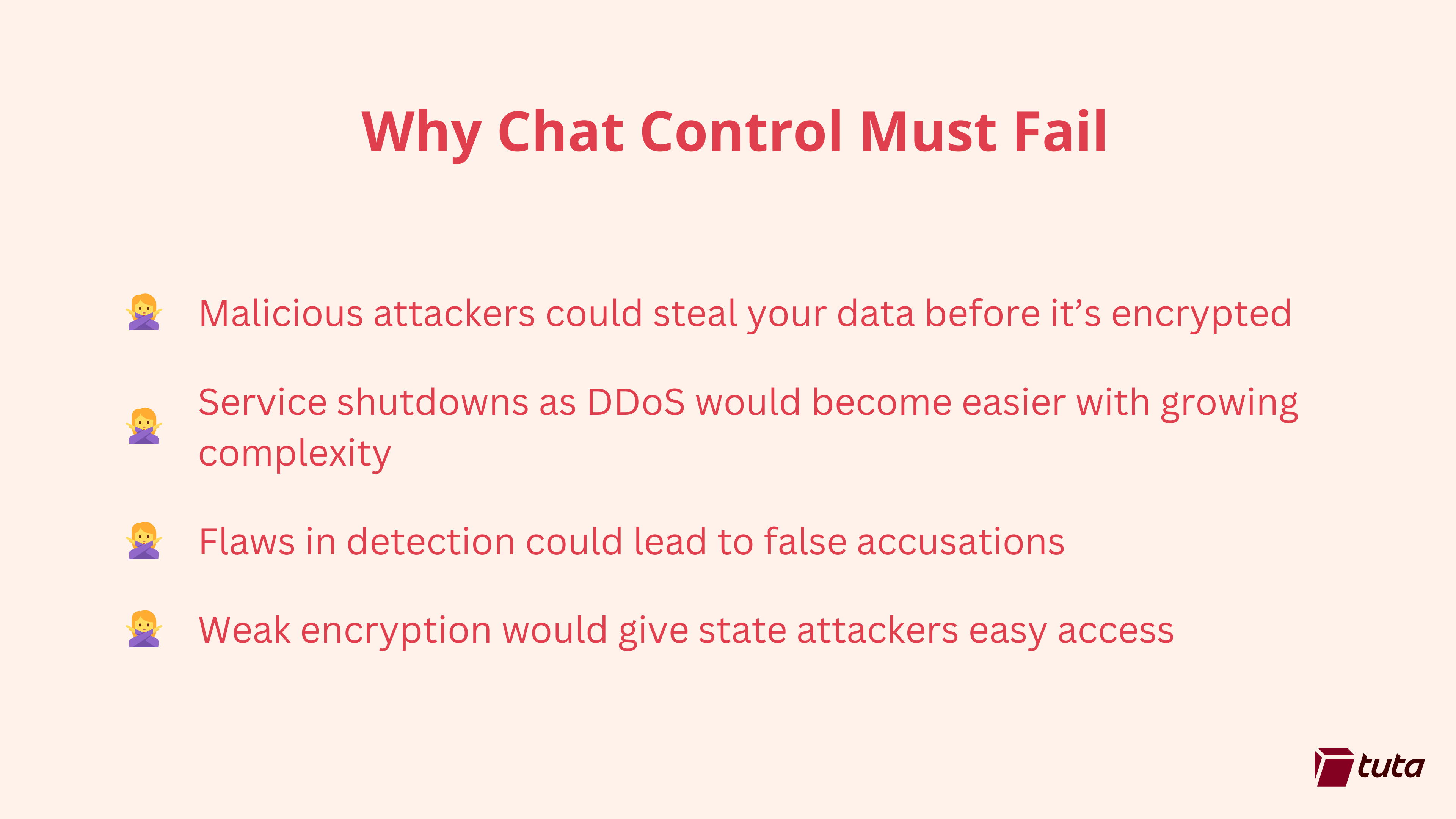
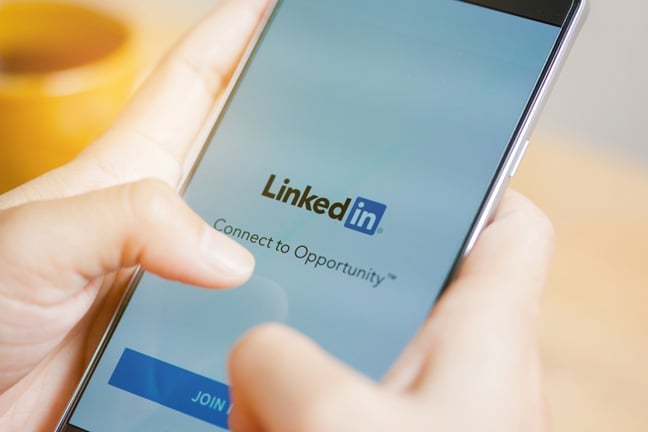
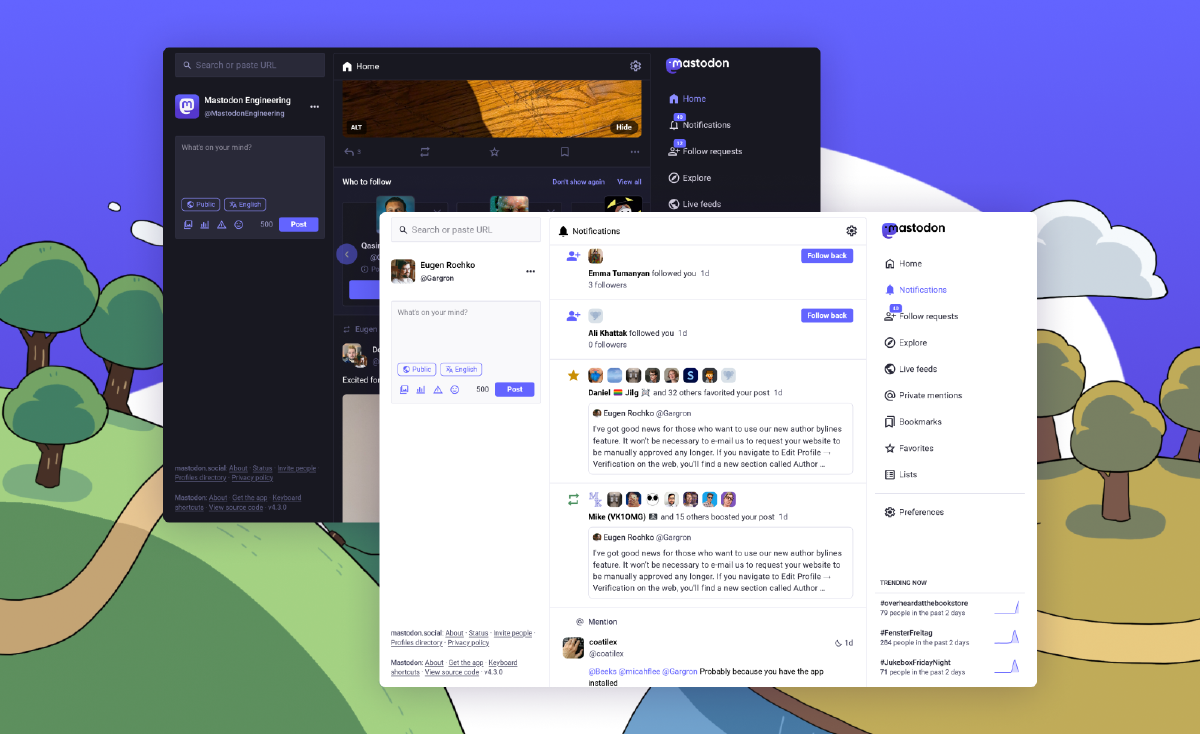



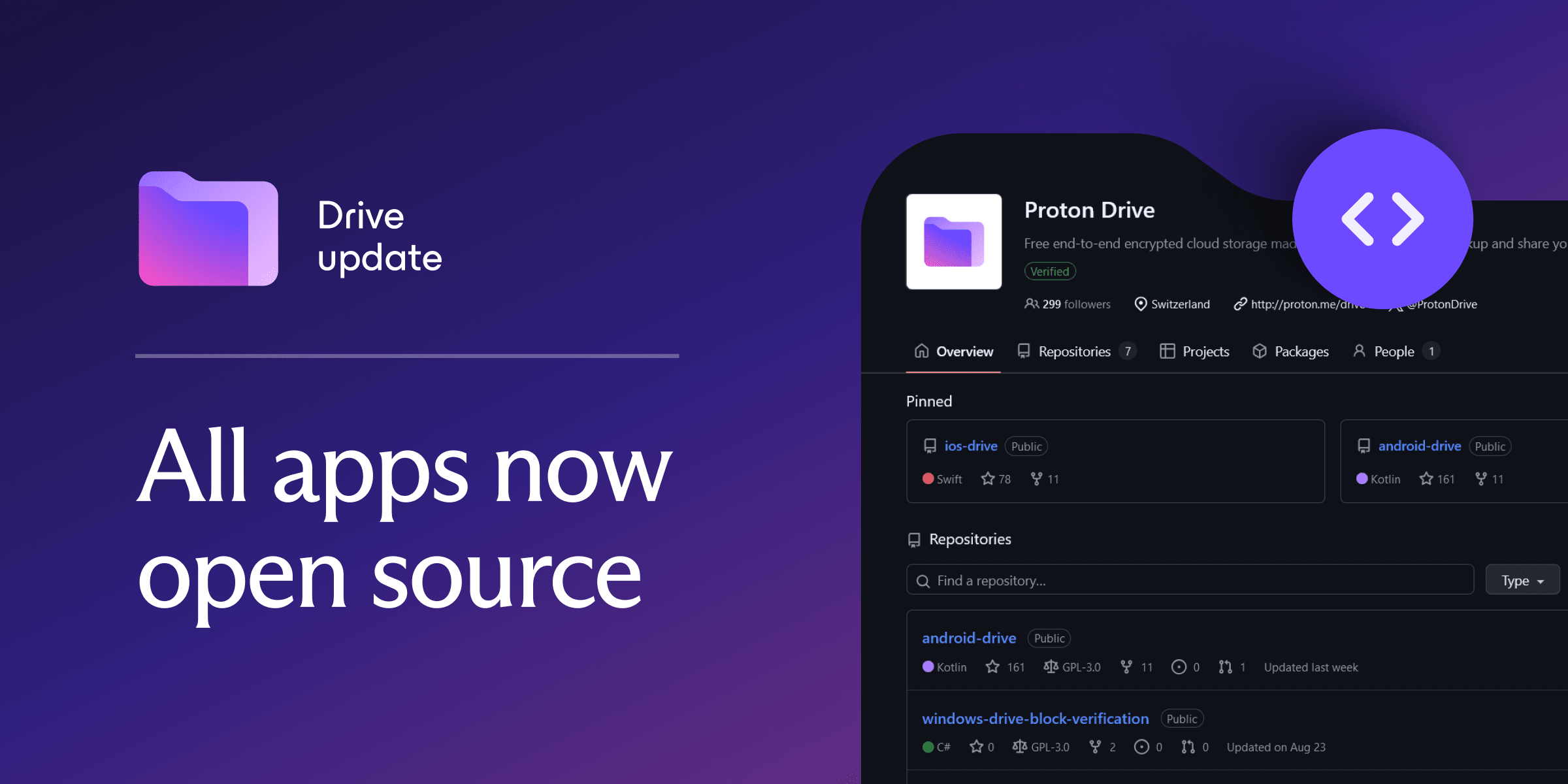

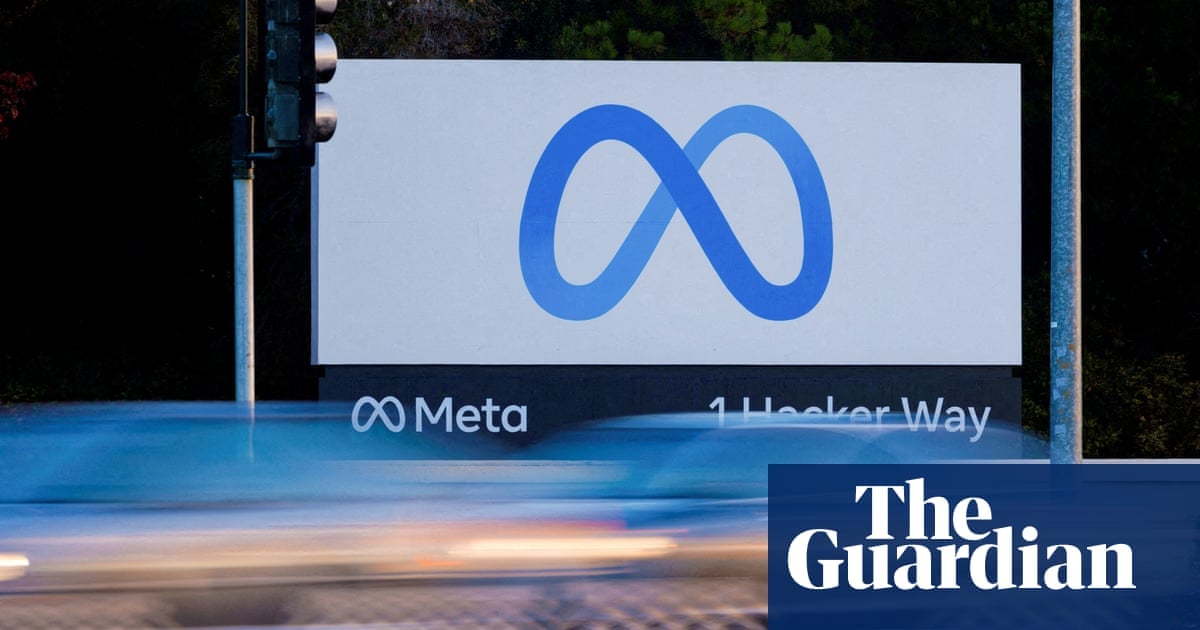




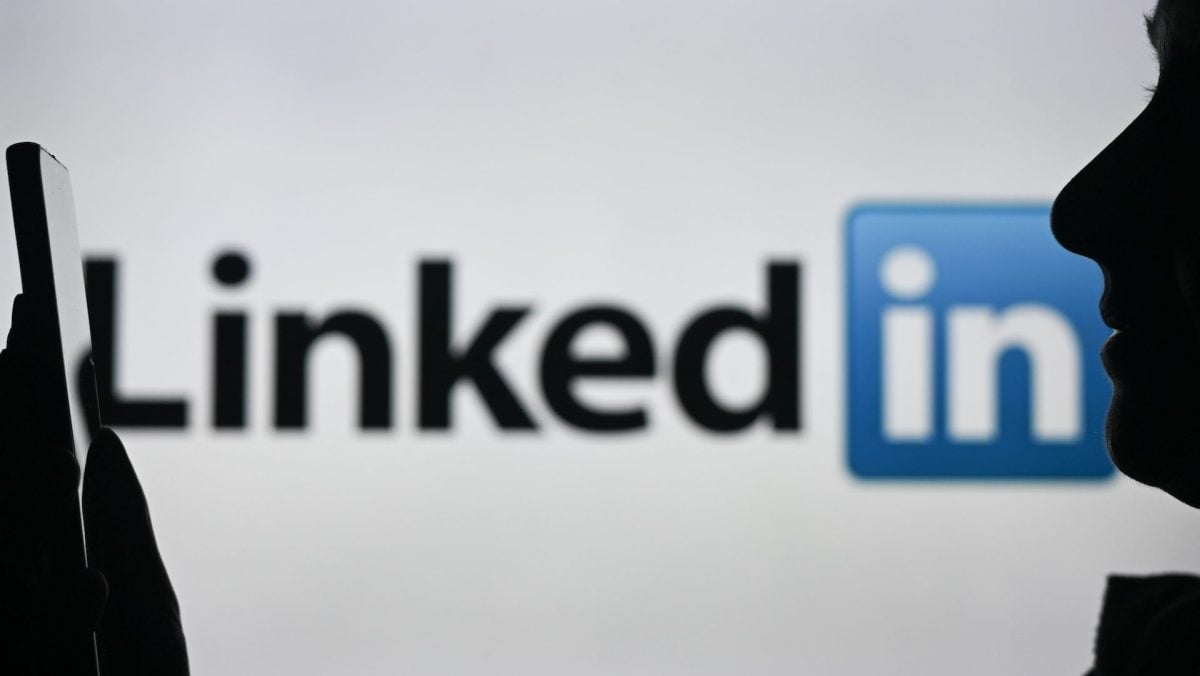



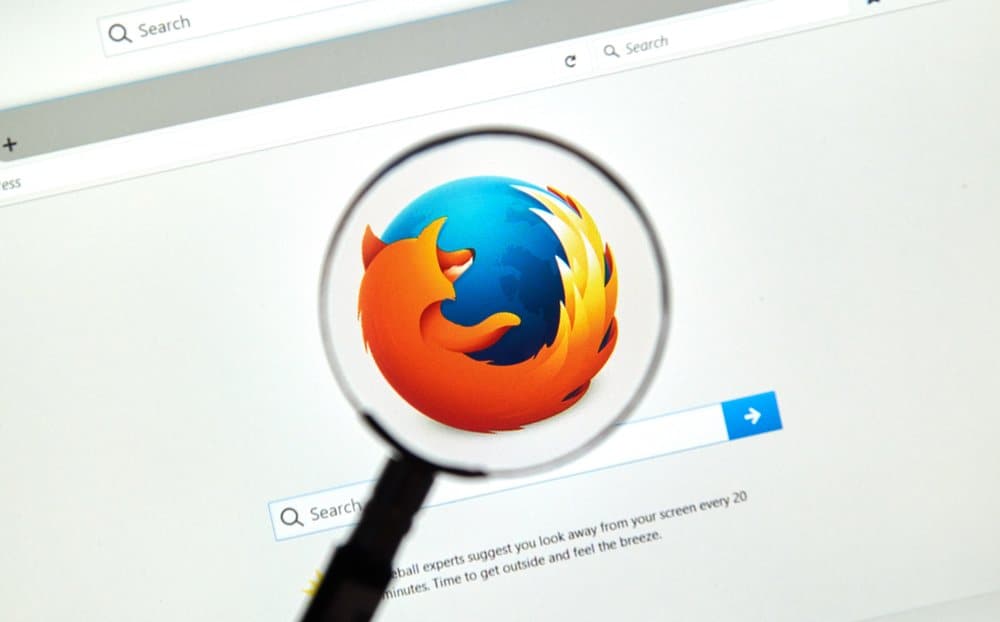









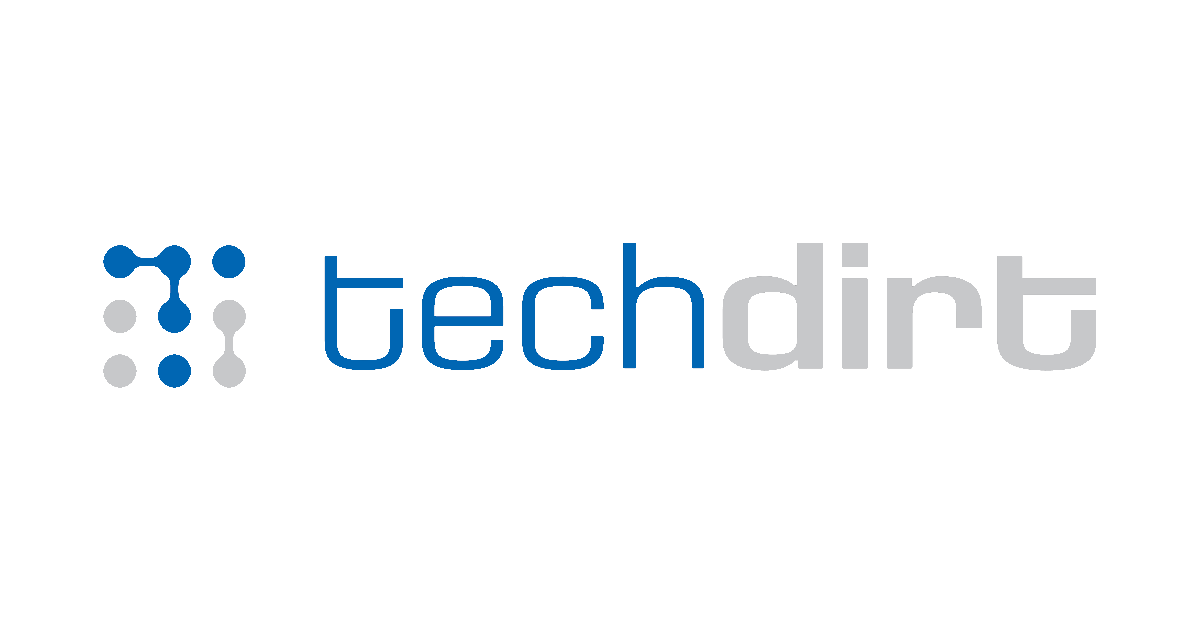

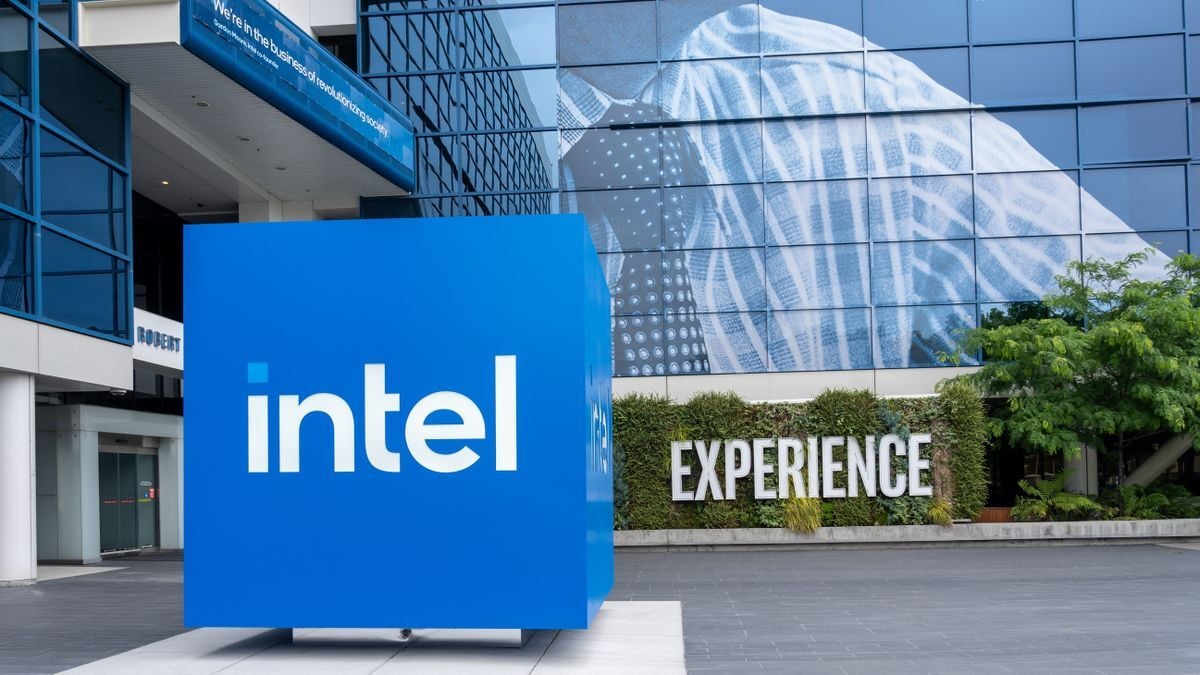
I find your response discouraging, and your actions appear excessive. While Proton may not be flawless, it does offer superior privacy protection when compared to commonly used options like Google and Microsoft.
I volunteered my time and effort to craft the post, including citations, offering more background information, and incorporating reliable links to official resources. However, you made claims without substantiation, deleted the crossposts of my post from /c/privacy@lemmy.ml and /c/opensource@lemmy.ml, and flagged the posts in other communities as spam. Your decision seems to be unsupported by members of the four communities I had shared my post to.
It’s disheartening to see such actions taken without proper consideration, thereby causing harm to the privacy community at large. Avoiding hasty decisions that may stifle valuable contributions within the privacy community should be paramount. Consequently, I respectfully ask you to reconsider your initial reaction, abstaining from premature removals rooted in personal opinions devoid of solid backing.
By embracing a balanced stance that values both freedom of expression and responsible fact-checking, we contribute positively towards nurturing healthy debates and maintaining transparent communication channels. In light of this, I hope you will take the necessary steps to reinstate the removed posts, allowing for continued conversation on their merits.
Edit: You have now banned me from both of those communities.
Edit: You have deleted another post of mine from c/privacy@lemmy.ml that was titled “Chat Control May Finally Be Dead: European Court Rules That Weakening Encryption Is Illegal”, with your reason being that it is “snakeoil spam” even though the community members do not think so (the post has more than 750 upvotes)